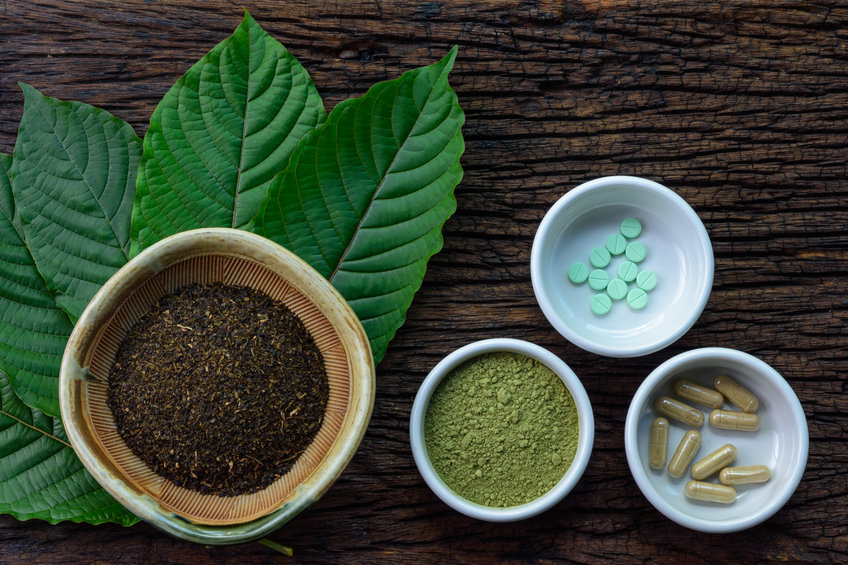In the United States and Canada, the use of kratom is gradually becoming widespread. As per the estimates of the American Kratom Association (AKA), nearly 10-16 million people in the US use kratom regularly.
Kratom, also known as Mitragyna speciosa, has been used in Southeast Asia for a long time as a remedy for aches and pains. It is endowed with a chemical compound known as mitragynine, which helps in uplifting one’s mood.
However, there are several myths surrounding the use of kratom. We have briefly discussed and tried to debunk a few of these myths.
Myth 1: Kratom Is an Opioid
Some chemical compounds present in kratom activate the receptors, which are prone to stimulation by opioids. It is because of this that a lot of people tend to think that kratom is an opioid.

The chemical structure of kratom is not the same as that of opiates. The alkaloids present in kratom, namely mitragynine and 7-Hydroxymitragynine, are atypical. They cannot be considered opiate drugs. It is undeniable that kratom may act as a mild intoxicating agent sometimes.
But kratom intake does not give rise to feelings of euphoria, fatigue, or lethargy, typically caused by the consumption of opioids.
On the contrary, a study conducted in 2015 in Thailand has found that kratom has often been used by Asians as a treatment for opioid addiction. Kratom can help prevent symptoms of withdrawal. Also, kratom is often used by people to relieve the pain caused by health conditions such as fibromyalgia and arthritis.
Myth 2: Using Kratom Is Not Legally Permitted
Another common misconception surrounding kratom is that it is illegal. There are a few things that might have contributed to popularizing this myth.
Firstly, the Drug Enforcement Administration (DEA) has tried imposing a ban on it. Secondly, it does not have the Food and Drug Administration (FDA) to be used for medical purposes. Lastly, some states in the United States have forbidden the use of kratom.
Among these states include Alabama, Indiana, Arkansas, Vermont, Rhode Island, and Wisconsin. Its use is also restricted in San Diego and even in Oceanside. All these have led many people to believe that the use of kratom is not permitted by law.
But the use of kratom is not restricted by law in a lot of places. In the United States, its use is not prohibited at the federal level. Since it is not illegal everywhere, it is not that hard to get hold of.
Myth 3: Kratom Is Not a Natural Product
A lot of people think that kratom is a synthetic product. Kratom became popular when drugs like “incense” and “zombie bath salts” were being sold like hotcakes. These drugs were synthetic products. Many news reports began to categorize kratom as a synthetic drug, too, and this was how the myth came into being.
Kratom, on the other hand, is a natural product. It occurs naturally. The leaves of the Mitragyna speciosa plant are handpicked. Later, they are dried and eventually sold in the form of capsules, liquid, or powder.
But since it is an herbal supplement, it is not regulated by the FDA before it is released into the market. So, some sellers may distribute adulterated kratom among the buyers.
The consumption of adulterated kratom might lead to dangerous consequences. In fact, in 2018, as many as 199 Americans fell sick after consuming kratom containing salmonella. So, it’s important to buy kratom from trustworthy sellers.
Myth 4: Kratom Is Not Beneficial To Health
Some people harbor the notion that kratom is not beneficial to health in any way. However, that is not true.
Kratom can prove to be beneficial in more ways than one. It helps people deal with chronic pain. It has antibacterial and antiviral properties. It is endowed with antioxidants as well. It boosts immunity and improves fertility. Also, it helps people in combating diabetes.
But using contaminated or adulterated kratom can prove to be harmful. Also, using kratom along with some kinds of pharmaceutical products or drugs may bring about dangerous consequences.
Myth 5: Kratom Cannot Be Detected By Drug Tests
Some people think that drug tests cannot detect kratom usage. This notion is no longer valid. With time, tests that can reflect the use of kratom have been developed. The increasing popularity of this herbal product has resulted in the development of such tests.
Don’t listen to myths surrounding Kratom. Instead, read up user reviews to find out how Kratom has helped many around the world.